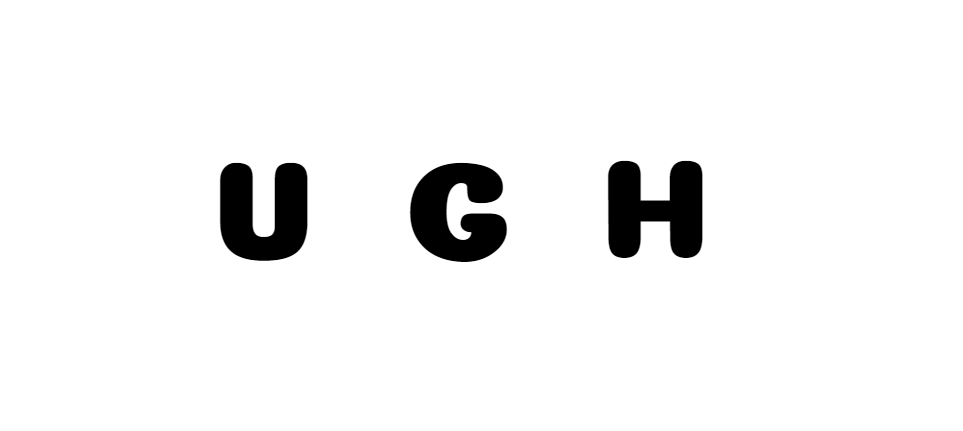channel managerIn the ever-evolving landscape of the hospitality industry, effective distribution management is crucial for maximizing revenue and increasing occupancy rates. One of the key tools that have revolutionized the way hotels, resorts, and other lodging establishments manage their distribution channels is the channel manager. In this article, we will delve into the concept of channel management, explore the role of a channel manager, discuss its benefits, and highlight best practices for utilizing this technology to optimize distribution strategies.
Understanding Channel Manager
A channel manager is a software solution designed to help hospitality businesses manage their room inventory and rates across multiple online distribution channels in real-time. These channels can include online travel agencies (OTAs) like Booking.com, Expedia, and Airbnb, global distribution systems (GDS), direct hotel websites, and other booking platforms. By centralizing the management of various distribution channels, a channel manager enables hotels to update room availability, rates, and restrictions seamlessly, ensuring consistency and accuracy across all platforms.
The Role of a Channel Manager
The primary function of a channel manager is to automate and streamline the distribution process for hotels and other accommodation providers. Rather than manually updating inventory and rates on each individual channel, a channel manager serves as a centralized dashboard where hoteliers can make real-time adjustments that are instantly reflected across all connected distribution channels. This automation not only saves time and reduces the risk of overbookings or rate disparities but also enables properties to reach a broader audience and optimize revenue by adjusting pricing dynamically based on demand and market conditions.
Benefits of Using a Channel Manager
- Efficiency: Channel managers eliminate the need for manual updates on multiple platforms, saving hoteliers time and resources that can be better allocated to guest services and other revenue-generating activities.
- Increased Visibility: By distributing inventory across a wide range of online channels, hotels can enhance their visibility and attract a larger pool of potential guests, ultimately driving higher bookings and revenue.
- Rate Parity: Maintaining rate parity ensures that the same room is offered at a consistent price across all channels, preventing rate undercutting and protecting the property’s brand integrity.
- Dynamic Pricing: Channel managers enable hotels to implement dynamic pricing strategies based on market demand, competitor rates, and other factors, allowing for optimized revenue management and increased profitability.
- Data Insights: By consolidating data from various channels, channel managers provide valuable insights into booking trends, guest preferences, and performance metrics, enabling informed decision-making and strategic planning.
Best Practices for Channel Management
To leverage the full potential of a channel manager and optimize distribution strategies, hoteliers should consider implementing the following best practices:
- Channel Selection: Carefully choose the most relevant and high-performing distribution channels based on your target market and business objectives to maximize exposure and bookings.
- Inventory Management: Regularly monitor room availability and adjust inventory allocations to prevent overbookings and optimize revenue potential.
- Rate Optimization: Utilize dynamic pricing tools offered by the channel manager to adjust rates based on demand fluctuations, seasonal trends, and competitive analysis.
- Content Management: Ensure that room descriptions, images, and other content on all channels are accurate and up-to-date to provide a consistent and compelling guest experience.
- Performance Monitoring: Analyze key performance indicators (KPIs) such as booking conversion rates, average daily rate (ADR), and revenue per available room (RevPAR) to track the effectiveness of your distribution strategy and identify areas for improvement.
Conclusion
In summary, a channel manager is an indispensable tool for modern hospitality businesses looking to optimize their distribution channels, increase revenue, and enhance guest satisfaction. By centralizing inventory and rate management, automating updates, and providing valuable insights into market trends, channel managers empower hotels to stay competitive in a rapidly evolving digital landscape. By adopting best practices and leveraging the full capabilities of a channel manager, hoteliers can unlock new opportunities for growth, profitability, and success in the dynamic world of hospitality distribution.


